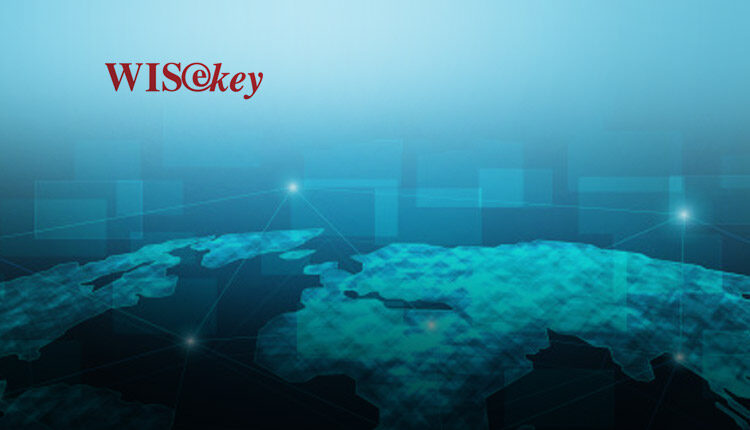WISeKey’s WISeID Identity Offers a Zero Trust Approach to Secure Remote Work
Zero Trust is a security concept centered on the belief that organizations should not automatically trust anything inside or outside its security perimeters and instead must digitally verify anything and everything trying to connect to its systems before granting access
WISeKey International Holding Ltd., a leading global cybersecurity and IoT company, today announced that its WISeID platform, through WISeID Cloud and CloudSign features, provides a Zero Trust Approach as a new way to secure cloud interactions and mitigate online security risks associated with COVID-19 shutdown. In 2020, WISeKey intensified its investments in Zero Trust developments to create advanced solutions to provide remote users/workforce with an easy-to-use and end-to-end Zero Trust approach.
HR Technology: CCube Solutions, Billon Group And The Gekko Group Partner To Launch A COVID-19 Ready-to-Work App In Q2 2021
Because of the current COVID situation, many companies and organizations are quickly adapting to the new reality where professional interactions with customers and among employees are conducted electronically. These organizations are following Zero Trust networking principles allowing them to address the security requirements driven by the rapid digital transformation and expansion of their remote workforce. Companies are now required to act quickly in order to mitigate the cybersecurity risks created by the sudden shift to remote work caused by the pandemic.
Zero Trust is a security concept centered on the belief that organizations should not automatically trust anything inside or outside its security perimeters and instead must digitally verify anything and everything trying to connect to its systems before granting access.
Electronic signatures are being perceived finally as a need to ensure that all electronic documents being managed remotely, have the same legal validity as paper documents, regardless if these documents represent external transactions such as contracts or invoices, or internal transactions such as expense reports or vacation requests.
Also, companies are now confronting the needs to use cloud services, in such a way that applications and documents previously accessed and managed using internal networks, now need to be accessed remotely without compromising the security of the data, nor the privacy of the users. For this, companies are carefully evaluating their cloud strategy and seeking to cooperate with cloud service providers that can ensure high security and data sovereignty.
HR Technology: TecHRseries Interview with Irene Hendricks, Chief People Officer at DailyPay
WISeKey is now proposing a new set of Zero Trust into its WISeID platform, providing new ways to secure interactions. The strategy WISeID follows under the Zero Trust platform it is based on the principle of “we trust no one and will only provide access after we know who you.”
“These new work behaviors induced from the global lockdown situation are generating new challenges to the companies’ IT organizations. The big question is how to bring corporate data security to the employees’ homes. While employees are slowly returning to their offices as countries begin to ease COVID-19-induced lockdowns and lift stay-at-home orders, uncertainty related to the pandemic still lingers. As consequence, many organizations are choosing to maintain semi-remote, virtual workplaces over the next 12 to 18 months and in some cases permanently thus becoming digital by default,” indicated Carlos Moreira, Founder and CEO of WISeKey.

